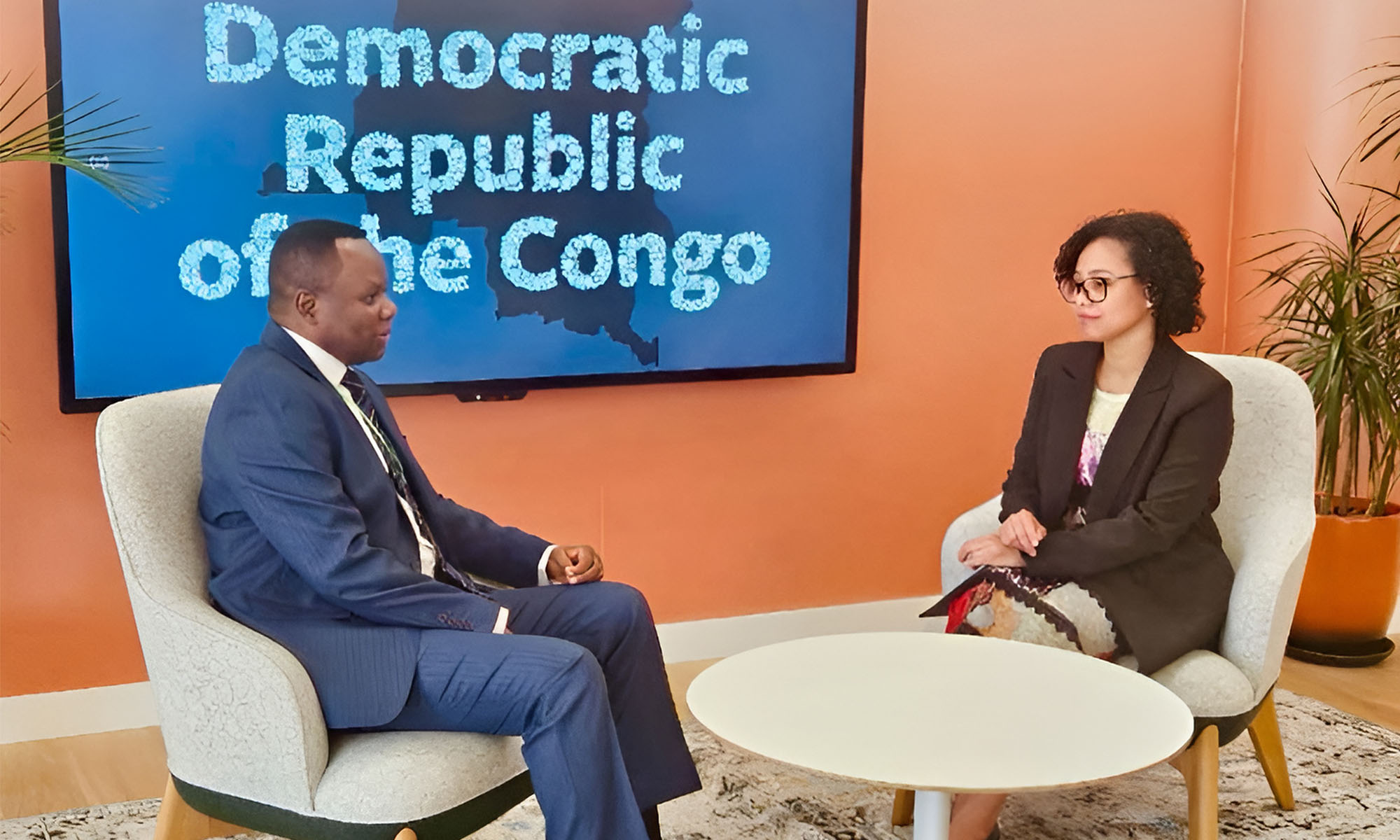News
Democratic Republic Of Congo Embarks On Meta Collaboration
The recent visit by DRC cyberdefense experts laid the framework for the Facebook parent company to provide training in security and technology.

In an increasingly connected world, cyberdefense has become a major concern for governments worldwide. The Democratic Republic of Congo (DRC) is no exception to this new reality, and to combat the ongoing threat, the country has created a brand new National Cyber Defense Council (CNC).
Recently, A team from the CNC paid a high-profile visit to Facebook’s parent company, Meta, for a pivotal meeting that laid the groundwork for a collaborative partnership. During the visit, a diverse array of topics were discussed, ranging from cyberdefense challenges to the need to enhance the technological capabilities of the DRC.

One of the major outcomes of the visit was an agreement to establish a framework where Meta will provide specialized training in security and technology to enhance the skills of agents in the DRC.
The initiative underscores Meta’s commitment to boosting digital literacy in the region but also represents a major step towards empowering individuals and institutions in the Democratic Republic of Congo to effectively navigate an increasingly complex digital landscape.
Also Read: Dubai-Based Angel Investor Fuels Growth For GameCentric
In addition to a proposed training program, the visit facilitated an introduction to Rapidev, a group of companies specializing in electronic warfare, cyberdefense and anti-drone systems. Leveraging Rapidev’s expertise in security applications, combined with Meta’s online prowess, will enable the DRC to create innovative solutions to the country’s unique security challenges.
According to CNC head Jean-Claude Bukasa, the visit to Meta was not only successful but represented more than just a diplomatic exchange: “It symbolizes a shared commitment to leveraging technology for the betterment of society. As we embark on this collaborative journey, let us seize the opportunities that lie ahead and work towards a future where innovation, security, and prosperity go hand in hand”.
News
Mamo Completes $3.4M Funding Round To Enhance Fintech Services
The startup will use the influx of cash to expand into Saudi Arabia and across the wider GCC while improving its product offering.

UAE-based fintech Mamo has announced the completion of a $3.4 million funding round that will help the startup extend its market presence and improve its product offering. Investors included 4DX Ventures, the Dubai Future District Fund and Cyfr Capital.
Mamo’s platform offers “payment collection, corporate cards and expense management” to help small and medium-sized businesses consolidate and streamline their operations. With the latest influx of capital, Mamo will further develop its comprehensive suite of services and begin testing its product lines in Saudi Arabia, further extending its footprint across the GCC.
Imad Gharazeddine, co-founder and CEO of Mamo, stated: “We’ve been in the market for a while now and are incredibly proud of what our team has achieved. The holistic and expansive nature of our product offering has helped us continue to grow sustainably. This additional funding will allow us to reach our medium-term goals even faster. The support from new and existing investors is a testament to our strong expertise and the ability to deliver on our customer promise”.
Daniel Marlo, General Partner of lead investor 4DX Ventures, added: “We have immense trust in Imad’s vision, leadership and Mamo’s innovative approach to provide a user-friendly and comprehensive financial solution for SMEs that makes financial management more accessible and efficient. We are proud to partner with them and support their mission”.
Also Read: A Guide To Digital Payment Methods In The Middle East
Amer Fatayer, Managing Director of Dubai Future District Fund’s investment team, also commented: “Mamo’s localized product lines serve as an infrastructure for SME payments and spend management in UAE, a segment that is underserved by the country’s current banking infrastructure. The team has taken a product-first approach to consolidating SMEs’ financial journeys and building a fintech solution deeply embedded in a business’s core operations”.
To date, Mamo has raised around $13 million in investment funding and now boasts a team of 30 people. The company’s intuitive financial services platform has allowed over 1,000 businesses to consolidate their financial operations and significantly reduce payment fees.
-

 News4 weeks ago
News4 weeks agoAmazon Prime Day 2024: Get Ready For 6 Days Of Amazing Deals
-

 News4 weeks ago
News4 weeks agoSamsung Unpacked 2024: What To Expect From The July 10 Event
-

 News4 weeks ago
News4 weeks agoCoursera Report Shows Surge In UAE Interest In AI Upskilling
-

 News4 weeks ago
News4 weeks agoMeet Dubai’s Groundbreaking Smart Robot Delivery Assistant
















